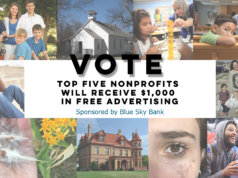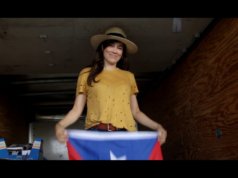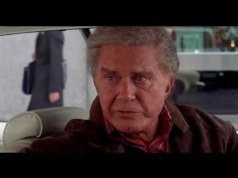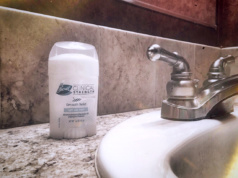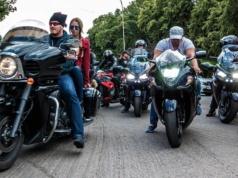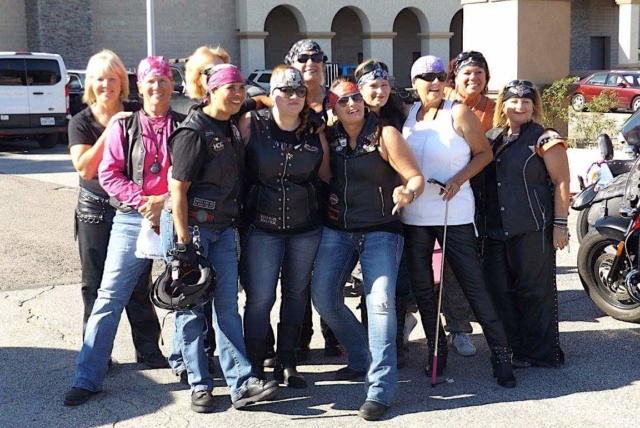
(Editor’s note: This is the second piece in a two-part look at Oklahoma bikers. The first can be found here.)
When someone mentions the word “motorcycle,” what comes to mind? What about a person riding a motorcycle? If you saw someone with a beard, a bandana and tattoos — wearing black chaps, black boots and a black leather jacket with a patch — what would be your first thought?
Few would be surprised if a negative stereotype of motorcycle riders came to mind. Whether it was from watching 1953’s The Wild One or reading about 2015’s shootout in Waco, the average person’s mental image of an individual rider or motorcycle club at large will generally include at least a couple of these words: Guns. Drugs. Gangs. Initiations. Rebellion.
All of that may indeed exist within biker culture as a whole, but such clichés inaccurately represent motorcycle culture as it exists in Oklahoma.
Several of Oklahoma’s motorcycle clubs have a specific focus on positivity.
The Oklahoma Confederation of Clubs, which exists to “promote communication and education to and between all motorcycle enthusiasts,” lists several clubs, groups and organizations among their members, including military clubs, clean-and-sober clubs, sports bike clubs, independent ladies’ clubs and ministry clubs, among others.
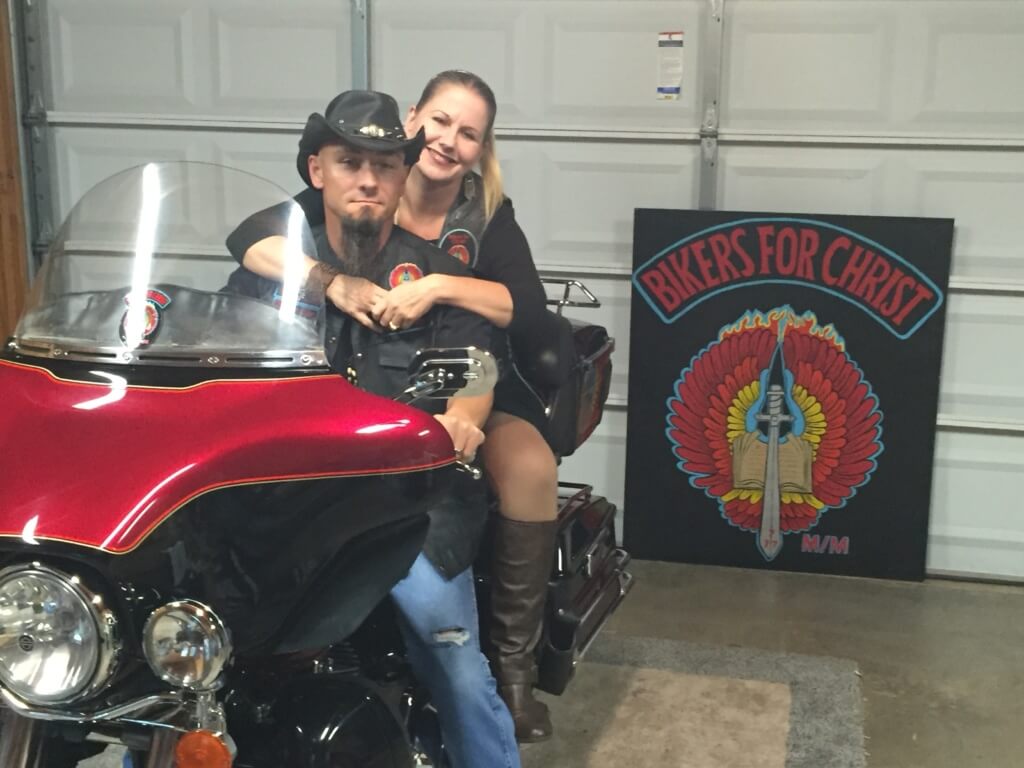
‘God was talking’
For an example of what one might unexpectedly find within Oklahoma’s motorcycle culture, just take Bikers for Christ (BFC). Members of the faith-based Christian group reach out to those in need, such as downed bikers and their families. They also offer motorcycle blessings at events such as poker runs or even Sturgis, South Dakota, which is widely considered the world’s most prominent motorcyclist event.
Chad Atwood, BFC’s Oklahoma chapter elder, said he appreciates the ability to reach out to people — many times complete strangers — and offer help through the teachings of Jesus Christ.
A one-time borderline atheist, Atwood converted shortly after moving from California to Oklahoma. He started a Faith Riders ministry at his church, but he felt more called to spread the word while riding. So, he joined Bikers for Christ and was named club elder within the first year. He and his wife, Michelle, have been active in preaching God’s message ever since.
“I just felt like God was talking,” Atwood said. “He just laid it out and said this was my plan.”
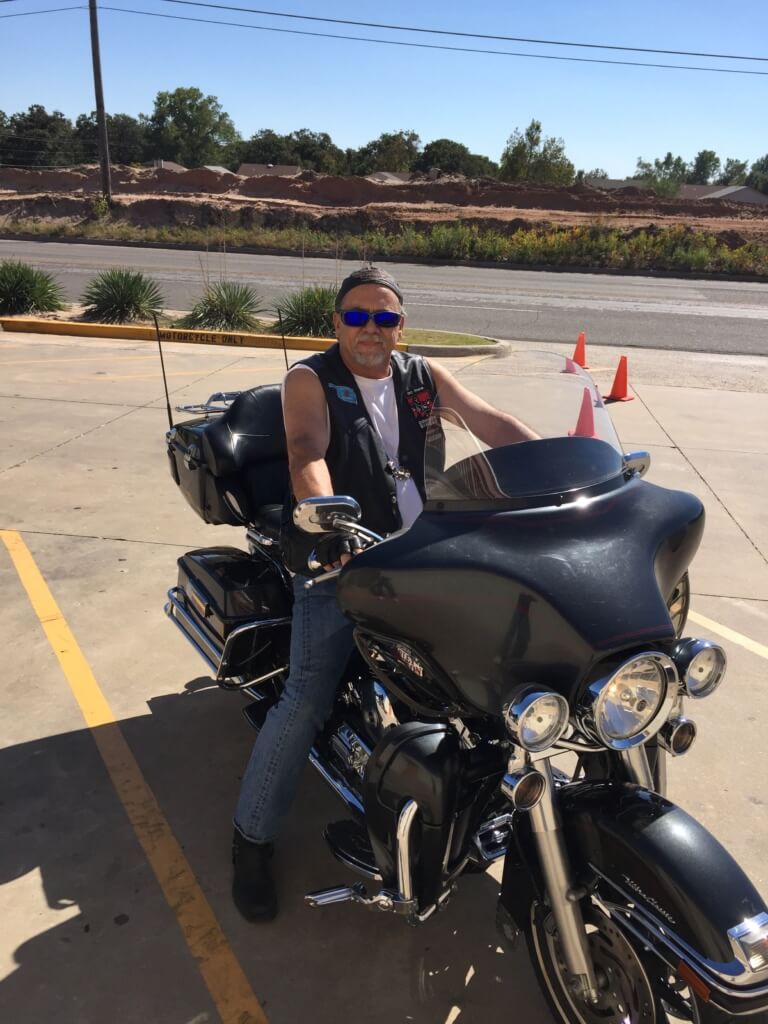
Bikers provide support, generosity
In addition to motorcycle ministries like BFC, other clubs and organizations perform a variety of positive civic duties. The Patriot Guard Riders, for example, are best known as the group of bikers that has stepped up to drown out the protests of the Westboro Baptist Church at military funerals.
Many other groups promote positive actions, as well.
As a member of the Downed Bikers Association (DBA), Jesse Duncan said he focuses on having compassion for and wanting to help others. Duncan, who was in a coma for one-and-a-half months after a collision with a deer, said the organization helps the families of downed bikers but doesn’t limit their assistance to downed bikers. He said any family in need might show up on the DBA radar at any time.
Leslie Livingston saw firsthand the family environment that comes with being a part of the motorcycle culture in Oklahoma. Livingston, who now wears a prosthetic limb below her left knee after a dangerous wreck earlier this year, was overwhelmed with support not only from her fellow Bikers Against Child Abuse members but from complete strangers who rode out from across the state just to make sure she wasn’t alone.
Livingston said she wasn’t surprised by the tremendous generosity, however, since dozens of bikers had been among the 1,200 people who showed up to memorialize her son when he tragically passed away.
“That really touched my heart,” Livingston said of the support she received from what were often complete strangers. “I was really impressed.”
From American outlaw to American icon
Still, not all motorcycle organizations are focused on spreading the gospel or promoting charity.
Outlaw motorcycle clubs that aren’t sanctioned by the American Motorcycle Association fall under the category of “1-percenters.” Those groups include the Mongols and Hells Angels, both of which Duncan said have given him his own negative memories. He recalled being fearful when, as a 16-year-old kid spending the summer of ’69 in California, he found himself shaking as the Hells Angels drove past.
“It was kind of like Moses parting the Red Sea,” Duncan said.
Since that era, the culture has changed from the image created by The Wild One’s Marlon Brando as the leader of a careless and dangerous motorcycle gang. Duncan recalled Honda setting the tone for the market by appealing to a nicer, tamer audience. Social riding became a more inclusive way of life for a growing number of Americans, and Harley-Davidson eventually took over the market share.
“There’s nothing more American than eating apple pie, watching baseball and riding a Harley,” Duncan said.
Still, being in a motorcycle club does come with some sets of expectations and behaviors, mostly built around respect. Many of the clubs require someone to serve as a prospect — a member-in-training while they learn how to act as a member — until they are accepted formally.
For the most part, bikers don’t talk to each other while still wearing their sunglasses, they don’t shake hands with their gloves on, and they aren’t allowed to touch someone else’s patch.
Patches have a major significance within motorcycle culture, and club members are generally identified through patches bearing the club’s name and represented territory. Some of the clubs are territorial, although Atwood said he hasn’t found that to be much of an issue in Oklahoma.
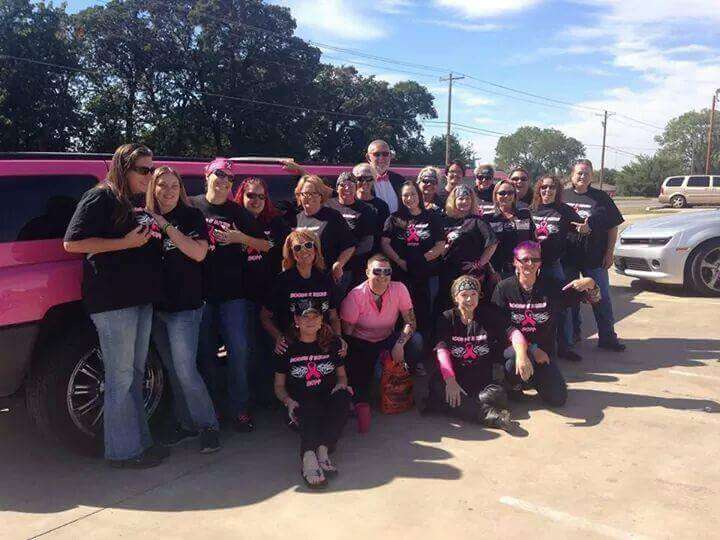
Female clubs: ‘A fellowship and a sisterhood’
Another common stereotype in motorcycle culture views women as subservient to men. As women continue to make great strides on gaining traction as “equals” in the biker world, more females are riding “the front seat” in Oklahoma.
Having started riding 40 years ago, Angye Lovett typifies a growing number of female riders who desire the ability to ride the front seat. She has been doing just that as part of the Facebook group Oklahoma Lady Riders, which has almost 600 members. Although not an actual sanctioned motorcycle club, OLR provides a page for female riders to learn about riding opportunities with other lady bikers. They also participate in events such as Throttle UP for Cancer Awareness and Lace, Grace and Gears.
Lovett said she still rides with men occasionally but also enjoys the camaraderie that comes with getting to be around other women who love the open road as much as she does. With women, Lovett said, the focus is more on riding than just hanging out at various locations in between rides.
“We actually ride more, ride longer and ride further than most men,” Lovett said, adding that it wasn’t uncommon for her and other female bikers to travel between 500 and 1,000 miles over the weekend.
Diversity makes stereotypes impossible
The diversity of who makes up the biking community in Oklahoma is far-reaching. BFC’s Atwood installs home security systems. DBA’s Duncan is a retired tire worker. BACA’s Livingston is a former school teacher. Lovett works in oil and gas. Aileen Cunliffe is in transportation. Deonna King is a jack-of-all-trades and sings with her band, Viper. Some are attorneys. Others are nurses. They are all riders.
“It’s a fellowship and a sisterhood like I’ve never experienced,” said King.
(Clarification: This post was updated to clarify Chad Atwood’s title and background.)










